What does a business owner need to know about the treatment of ‘digital expenses’ and their potential tax consequences?
Whether you are at the planning stage, or an established business, it is worth speaking to one of our experts to check you are making the most of the digital investments you are making.
Background
First, it is worth recapping what constitutes a digital expense. Most businesses develop and maintain a website. Expenditure on software licences is also common.
How these expenses are treated for business tax will depend on whether:
- they are capital or revenue in nature,
- they are incurred by an unincorporated business (eg a sole trader or partnership), or a company,
- if they are incurred by a company, whether or not they are treated as tangible or intangible assets.
Software licences
If these are paid for by regular periodic payments, akin to a rental, they are generally accepted as revenue in nature. If a lump sum payment is made, and the asset has a useful economic life of more than two years, then the expenditure is likely to be capital.
Websites
Development expenditure for websites is essentially advertising (eg if website is primarily aimed at promoting the entity’s services) and is generally accepted as revenue in nature.
Websites that directly generate income eg allow customers to place orders for goods/services and have a useful economic life of more than two years, will likely be capital.
For more detail on the revenue or capital question, and how unincorporated and incorporated businesses are treated, please get in touch with your Newby Castleman contact. All circumstances are different and they can review the investment within the context of your whole business.
